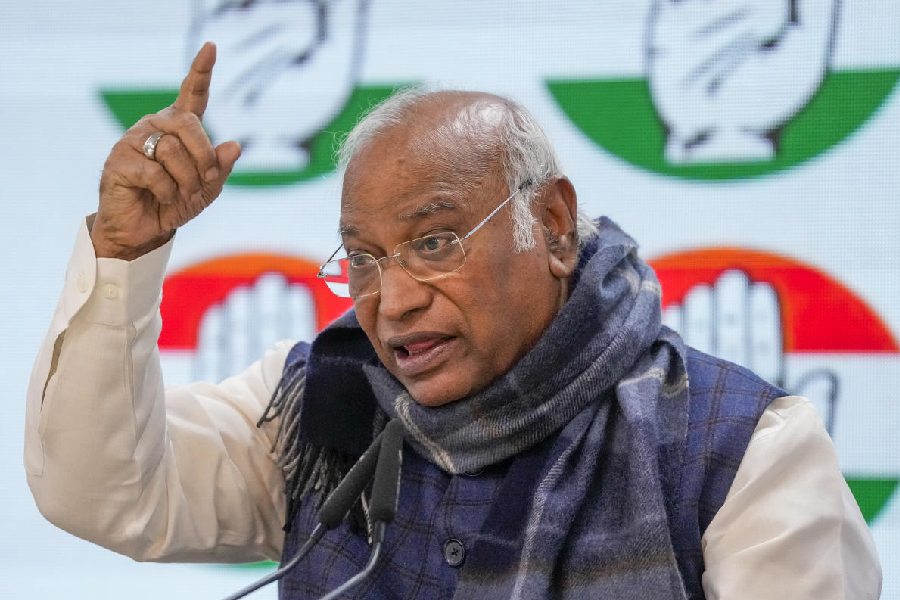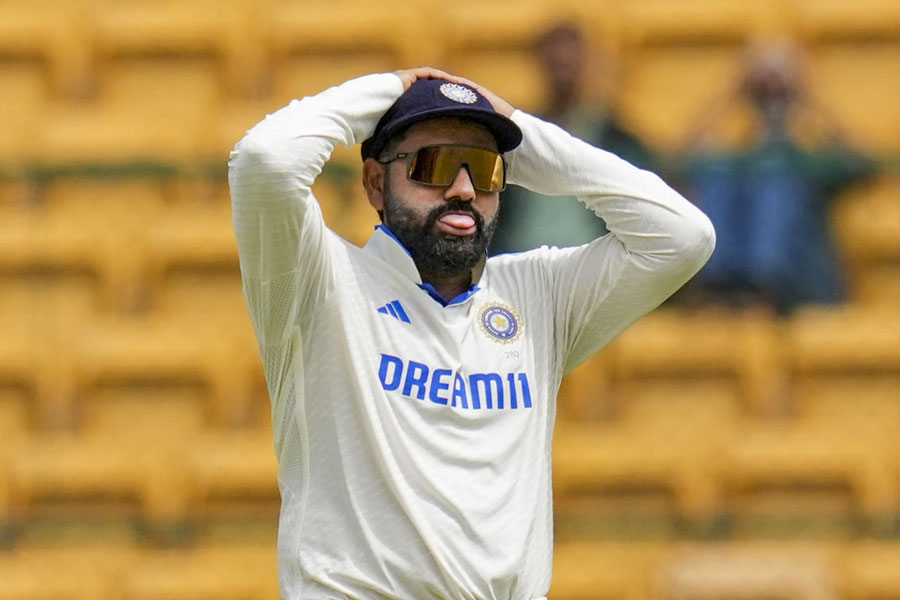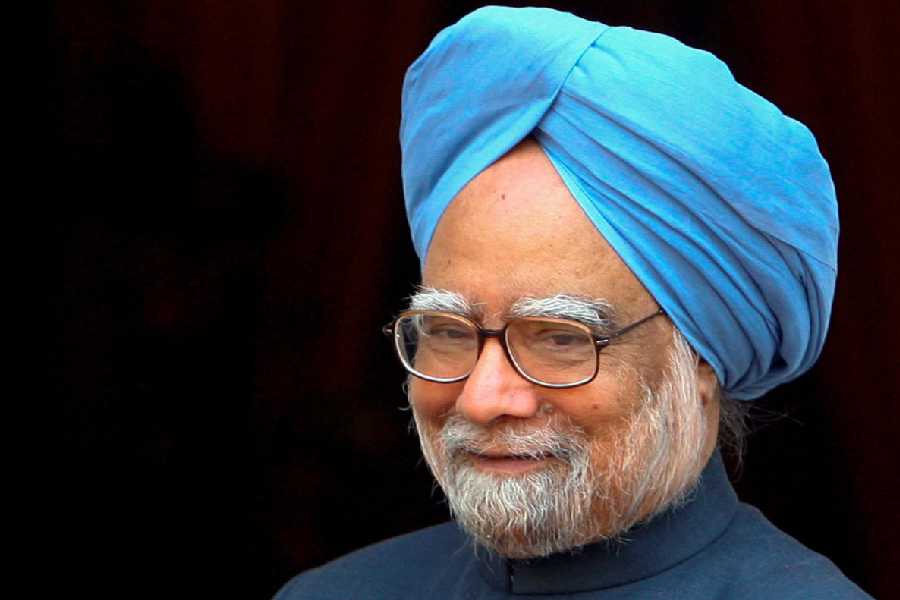The Supreme Court has ruled that filing false criminal cases against the spouse amounts to “cruelty” and is a valid ground for the grant of divorce in matrimonial disputes.
“One of the primary grounds for the dissolution of the marriage is the appellant’s (wife’s) conduct, which constitutes mental cruelty under Section 13(1) (ia) of the HMA (Hindu Marriage Act).
“The respondent (husband) has provided sufficient evidence to show that the appellant was engaged in a pattern of behaviour that caused him immense mental and emotional distress. This included filing false and baseless criminal complaints against the respondent and his family, which not only strained their relationship but also caused significant damage to his reputation and peaceof mind,” the court said.
The Supreme Court dismissed the appeal filed by the wife challenging a judgment of Madras High Court which had dissolved the marriage.
A bench of Justice Vikram Nath and Justice P.B. Varale said the fact that the parties, both software engineers, have been living separately for decades reinforces the conclusion that the marriage is no longer viable.
“Marriage is a relationship built on mutual trust, companionship and shared experiences. When these essential elements are missing for an extended period, the marital bond becomes a mere legal formality devoid of any substance. This court has consistently held that prolonged separation, coupled with inability to reconcile, is a relevant factor in decidingmatrimonial disputes.
“It is evident from the record that continuation of the marriage would only lead to further animosity and litigation, causing harm to both parties,” JusticeNath observed.
The top court was dealing with an appeal filed by the estranged wife challenging the validity of the order dated June 8, 2018, passed by Madras High Court’s Madurai bench wherein it had allowed the appeal filed by the husband, who had questioned the concurrent orders passed by the matrimonial court and the district court in which both had rejected his plea for divorce.
While allowing the husband’s plea, the high court had accepted the plea for divorce and his contention that the wife had subjected him to cruelty, both mental and physical. He argued that her actions, including filing false cases against him and deserting the matrimonial home, amounted to mental cruelty. He claimed that despite his repeated attempts to reconcile, the wife remained adamant and disinterested in reuniting, which led to the breakdown ofthe marriage.
The high court, in its findings, held that lodging false complaints against a spouse amounts to mental cruelty. The wife had filed a criminal complaint alleging dowry harassment against the husband and his family but later abandoned it without pursuing the matter further. The court inferred that the complaint was baseless and filed with intent to harass, constituting an act of mental cruelty.
“...Forcing a marriage to continue when it has become a source of unhappiness and conflict undermines the very purpose of the institution of marriage. In the present case, the interests of both the parties are best served by allowing both parties to move on with their lives independently,” Justice Nath said.











